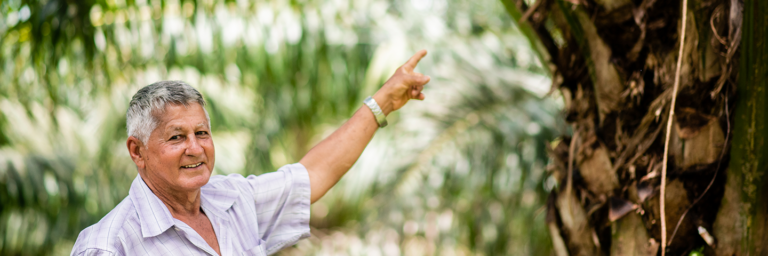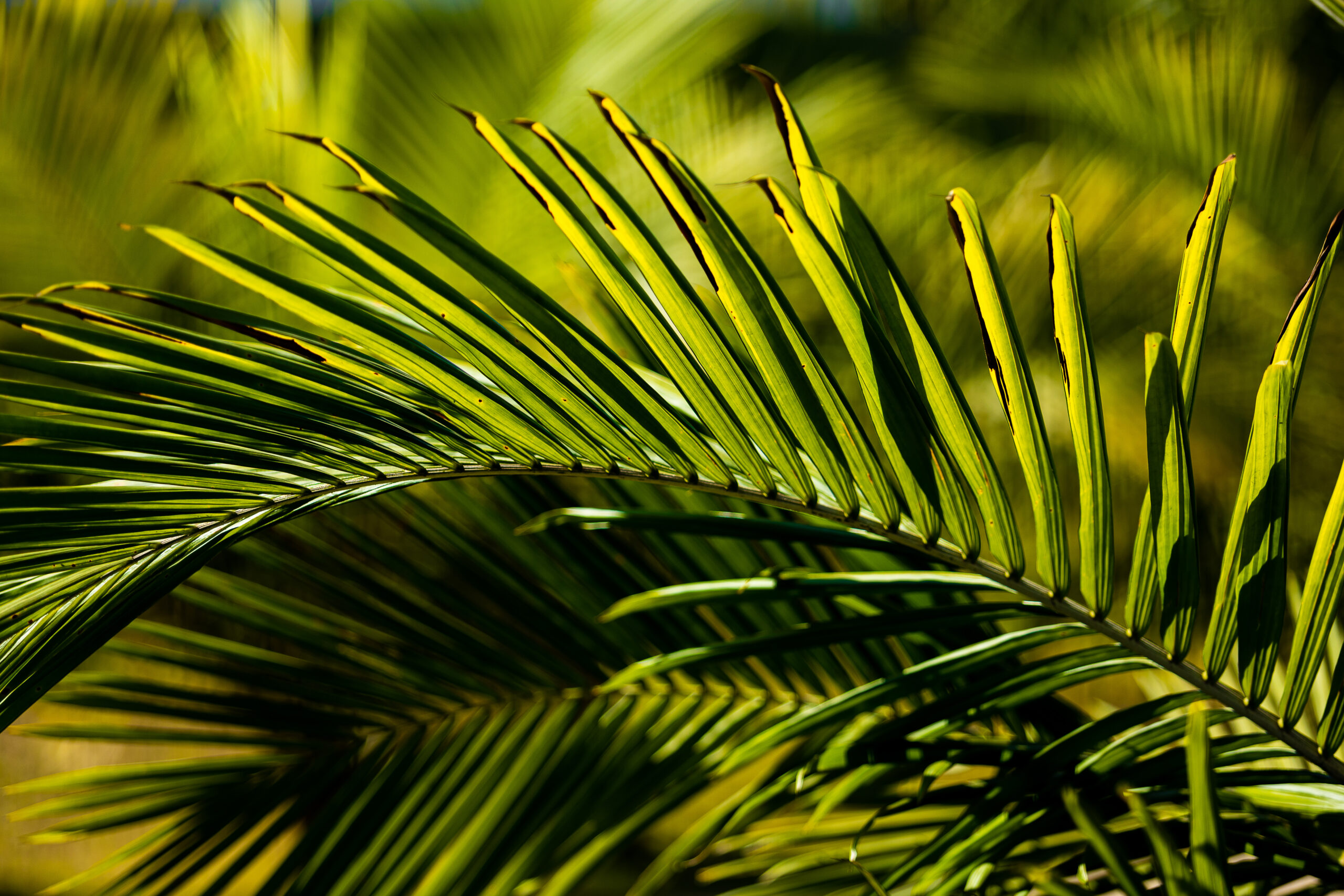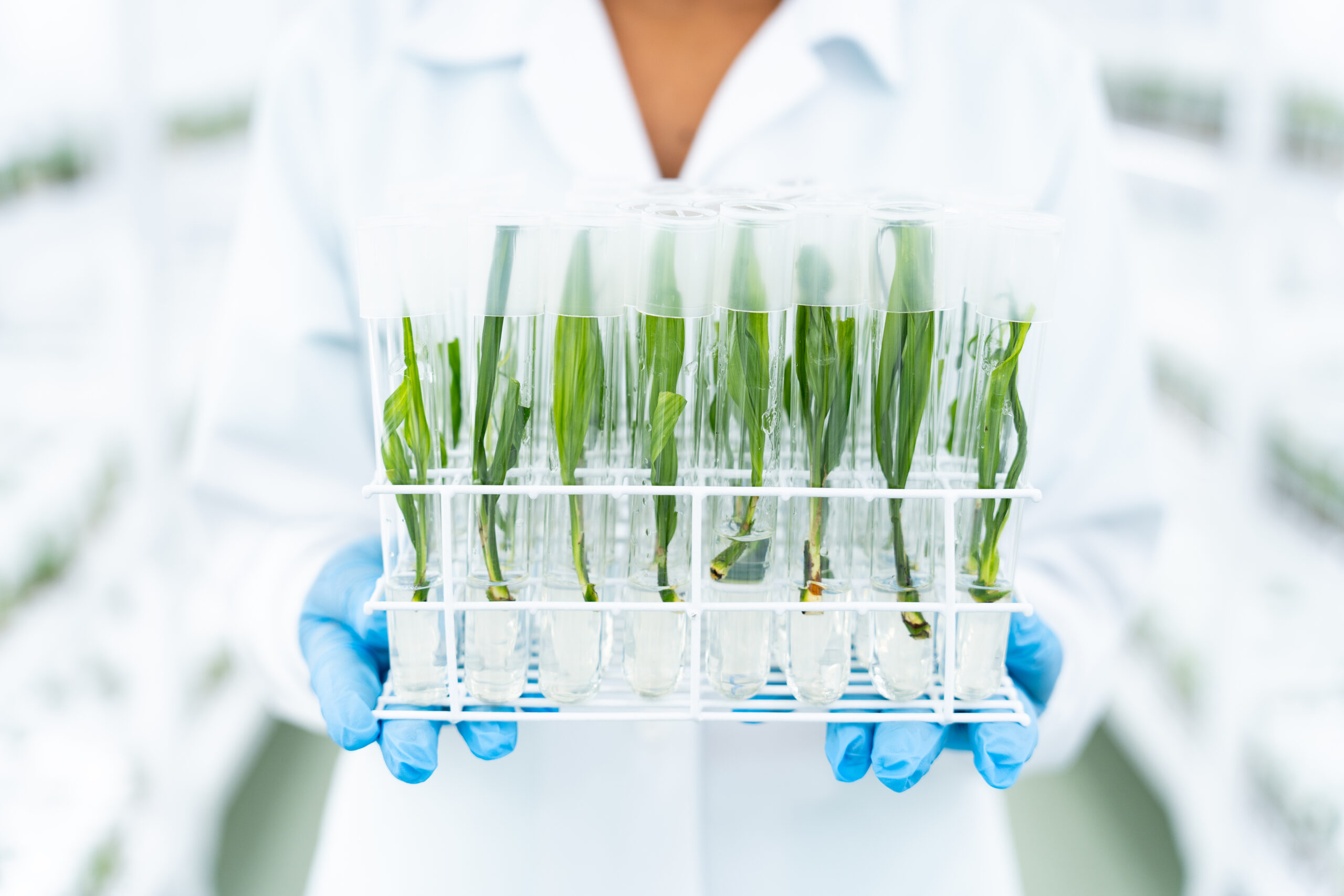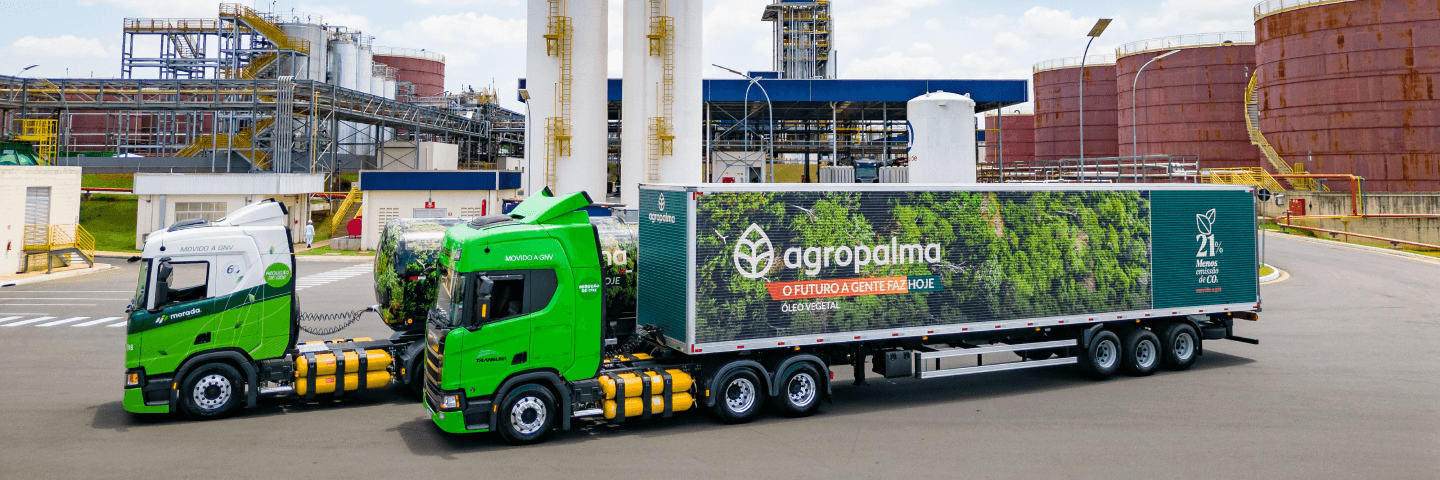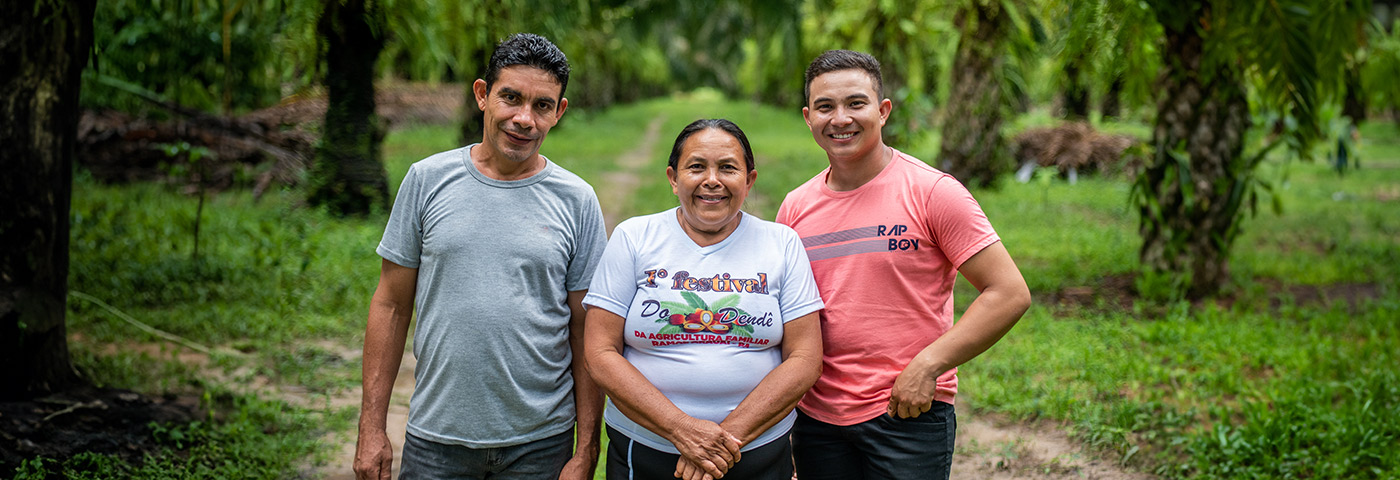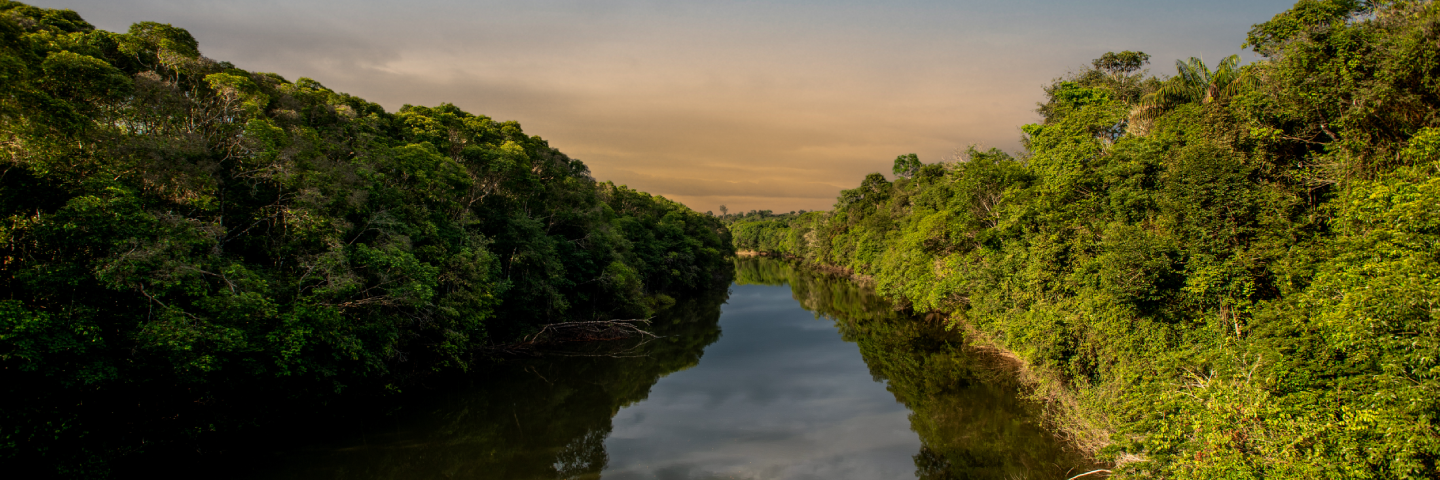Over 200 families living in extreme poverty ended up earning an average of R$ 19,000/month by growing and harvesting palm oil. They are part of Agropalma’s Family Farming and Integration Program, a project spanning two decades which has transformed the social and economic reality of the Northeastern region of the State of Pará, where the company is headquartered.
Agropalma is in operation for over 40 years in the state, and almost 25% of its total palm oil production comes from family farmers and integrated producers.
When the project was implemented in 2002, 50 families joined the enterprise. From then on, this number increased fourfold, at 203 families today. “It started as an agrarian reform: the government reserved a few land plots, settled the families, a bank joined in to help with financing and Agropalma contributed with technical support and inputs, such as fertilizers, to the families”, explained André Borba, the company’s Agricultural Officer.
He also highlighted that the farmers assisted by the program were people in situations of social vulnerability, living under the poverty line. Now, they own their businesses – even hiring additional manpower to help with crop activities.
“We believe in the small producers and foster their work to help with social and economic development in the region. It is heartwarming to hear from farmer parents that their son or daughter is in university and are able to keep studying thanks to palm farming”, the officer remarked. “Families that once lived in extreme poverty and are doing remarkably good today”, emphasized Borba.
Luis Felipe Bigarelli, manager of Agropalma Family Farming and Integration Program, pointed out that the company guarantees the purchase of all production from these families. They need to follow all legal procedures to perform the activity and ensure their produce are purchased by the company.
“They are not allowed to work in areas that are being degraded. If they hire additional personnel, this must be done legally with proper records in the person’s Employment Record Card. This is a range of requirements that both of us (producers and company) need to comply with, in order to transform the production chain into a legal and lawful process”, he said.
In addition to farmer families, the company also employ 44 integrated producers which also grow palm oil and sell their production to Agropalma. “We service two distinct producer groups. The difference between them is in the amount of hectares used for farming. Palm tree planting must be done in a maximum of 10 hectares in family farming. If this is exceeded – reaching up to 1,220 hectares – they become integrated producers”, Bigarelli distinguished, celebrating the results and numbers attained by the project. “This is a role model initiative”, he stated.
“These families reached the end of 2021 with an average revenue of 228 thousand reais. This money remained in the State and as distributed among the families. It has flown within the region, increasing the spending power of the families and improving the economy flow”, Felipe explains.
The family farmer lands are concentrated in the municipality of Moju. Integrated producers, on the other hand, are mostly concentrated in the municipalities of Tomé-Açu and Tailândia. The transport logistics for discharging the production to the company is easier.
Mrs. Iracema Pinto, 60, has seven hectares of land exclusively dedicated to palm tree planting. Her family was initially from the Bujaru municipality, but managed to secure settlement in Moju. Nowadays, she plans on expanding her palm oil crops. “I own three hectares where we grow açaí, cupuaçu and manioc, among other species, but focused on our own living. Our actual job is with palm, which we sell all our produce to Agropalma”, she remarked.
The enterprise has been so successful that the family had to sort out improvements for the work routine. In this sense, Iracema takes on a coordinating role within the structure assembled by the family. “My sons remain in manual labor, working directly in the production. I take on other roles, but I also go to the fields with them, when needed”, she says.
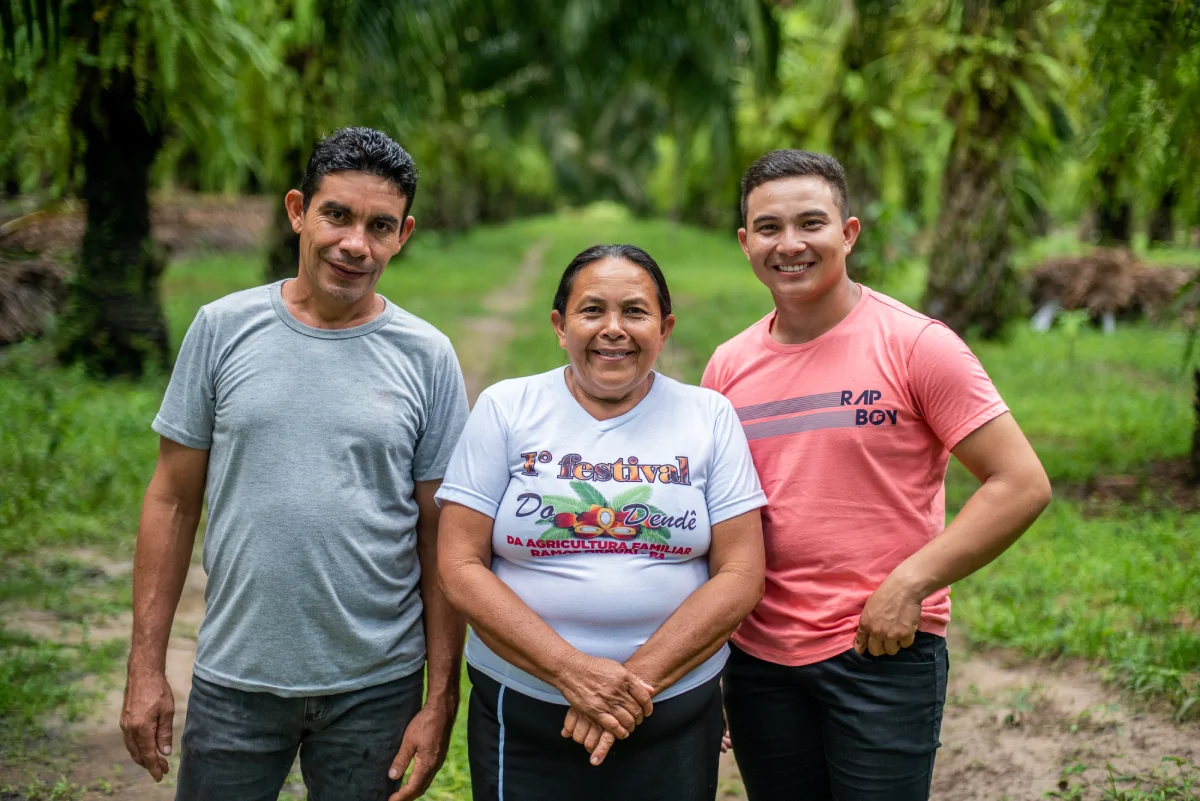
The matriarch joined the project in 2005. She would rather not reminisce on the hardships of their past life. “It’s only happiness from now on”, she defines. “I have my own house, my sons are building theirs. My youngest is now finishing high school, he plans on getting his drivers’ license and buying a motorcycle to go to college next year”, says her on her family’s conquests. “Having your own home and an honest job is one of the biggest victories I could ever want in life. I even have credit lines in banks if I want to invest”, she remarked.
Another matriarch that exercises leadership in palm tree farming is Angela Maria Santos, 60, which recently purchased an automobile. “I’ve built my house already. I joined in at the implementation phase of the program, on Project 3. The program has five projects, so I’m part of the third one”, she explained.
Angela is a straight-talking and fiercely determined woman. She believes that there is no secret for success in the palm oil business. “You can’t be afraid of getting your hands dirty. I remember when I started, I worked around the clock, even on Sundays, today I take days off on weekends. I hire people to work alongside my family”, she states.
Other producers drawn to project
Jabrair Ferreira, originally from the state of Goiânia, arrived in Pará in 2012 aiming at purchasing land to grow soy. After talking to a businessman in Tailândia, he learned about the business model that was different from anything he had ever worked with in the fields. “I’ve worked with cattle raising and soy. When I saw the numbers of the production chain, I was really surprised. I reached out to Agropalma in search of more information and how could I join the project. Today I have 350 hectares of palm planting, employing several families. I mean, back then I just wanted to guarantee my family’s living. Now I help other to feed their own and go after their dreams”, the producer observes.
Jabrair’s property has 519 hectares in total. Of these, 169 hectares are forest areas that he strives to safeguard and preserve in the region. “It is part of the legal requirement for working”, he pointed out.
The lands he purchased were used as pasture by the livestock industry. Over the last few years, he managed to recover some areas and keep the forest standing.
When asked about his relationship with Agropalma, Jabrair showed trust and respect for the company. “When I started, the company wasn’t able to provide the palm tree seedlings. I bought them from another company, but from the very beginning Agropalma ensured that it would buy all my produce, which happens to this day. I get all fertilizers and inputs needed for planting and harvesting from the company (Agropalma), which provides technical assistance and has the seedlings now. The new ones you see me planting over here came from the company”, he points over to the expanding harvest.
“Back then I didn’t, but now I know that the path for development of the region goes through growing palm”, stated the integrated producer.
12,000 hectares in 4 years
The coordinator of the Agricultural Department of Agropalma, Antônio Jorge Corrêa, took part in the implementation of all phases of the project of Agropalma Family Farming and Integration Program. He outlined that the implementation occurred in the form of five projects. “Each family farming project has 500 hectares of palm tree planting”, he clarified. Each hectare is roughly equivalent to the size of a soccer field.
“The initiative was a major success, because it’s a partnership, and we will keep doing that moving forward. Agropalma holds lectures with farmers, provides training, perform socioenvironmental studies. There is a whole preparation work, and even after the activity starts, the company is nearby providing technical assistance”, remarks the coordinator, one of the company faces that is most well-known by the farmer families.
“The company now is in the process of expanding the project, and in 3 or 4 years, our goal is to reach 12 thousand hectares of palm tree planting and family farming is included in this plan”, Jorge declares.
Source: Diário Online
 Back
Back